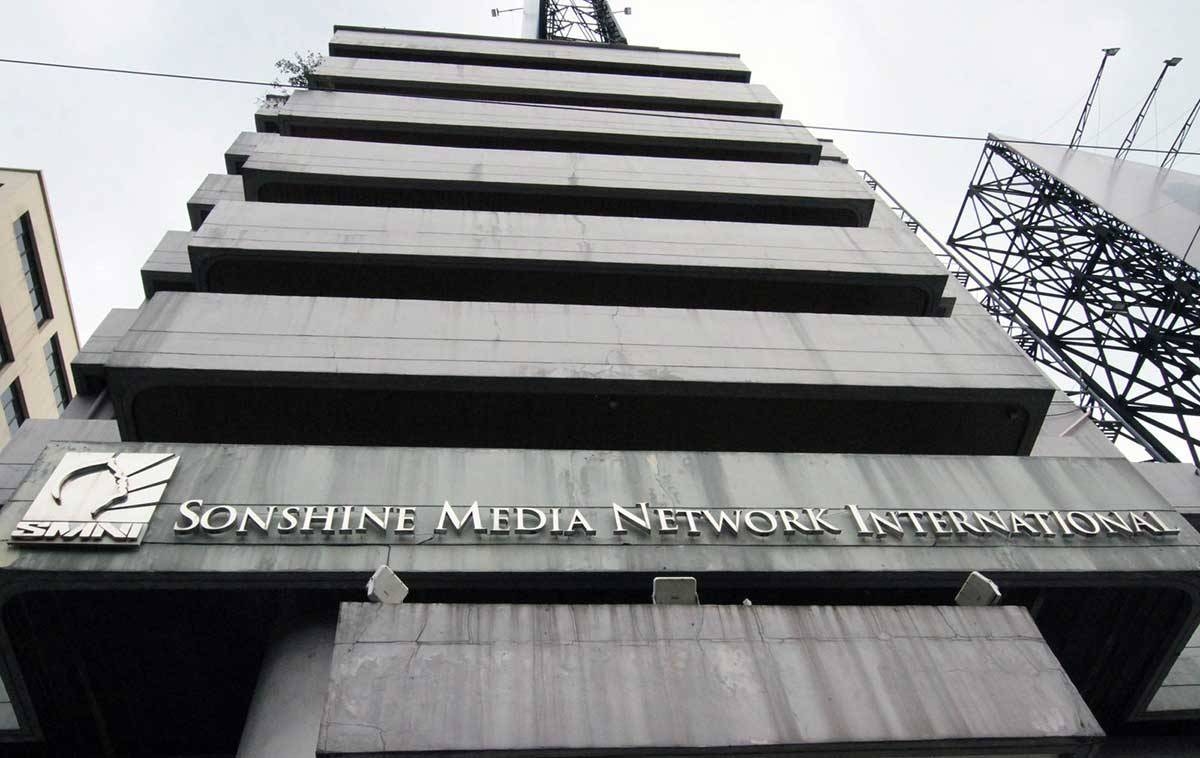The Revocation of Sonshine Media Network International’s Legislative Franchise
The revocation of Sonshine Media Network International’s legislative franchise has sparked a heated debate among lawmakers, media practitioners, and the general public.
Supporters of the Decision
Supporters of the decision argue that it is a necessary step to ensure that media organizations operate within the boundaries of the law and uphold the principles of responsible journalism. They believe that SMNI’s violations, such as red-tagging and dissemination of fake news, warrant the revocation of their franchise.
Critics of the Decision
On the other hand, critics of the decision argue that it sets a dangerous precedent and infringes on the freedom of the press. They believe that revoking a media organization’s franchise should be a last resort, reserved for cases of extreme misconduct or violations that pose a direct threat to national security. They argue that SMNI’s violations, while serious, do not warrant such a drastic measure.
Role of Legislative Franchises in Media Regulation
The revocation of SMNI’s franchise also raises questions about the role of legislative franchises in regulating the media industry. Some argue that legislative franchises are an outdated mechanism for regulating media organizations, as they can be subject to political manipulation and abuse. They suggest that a more independent and transparent regulatory body should be established to oversee the operations of media organizations and ensure compliance with ethical standards.
Restoring Public Trust in the Media
Others argue that the revocation of SMNI’s franchise is a necessary step to restore public trust in the media. They believe that media organizations have a responsibility to provide accurate and unbiased information to the public, and any violations of this responsibility should be met with appropriate consequences. They argue that revoking SMNI’s franchise sends a strong message that media organizations cannot operate with impunity and must be held accountable for their actions.
International Implications
In the international context, the revocation of a legislative franchise may have implications for press freedom and media regulation. Different countries have different approaches to regulating the media industry, with some relying on legislative franchises and others using independent regulatory bodies. The revocation of SMNI’s franchise in the Philippines may serve as a case study for other countries grappling with similar issues and seeking to strike a balance between press freedom and responsible journalism.
Source: The Manila Times








